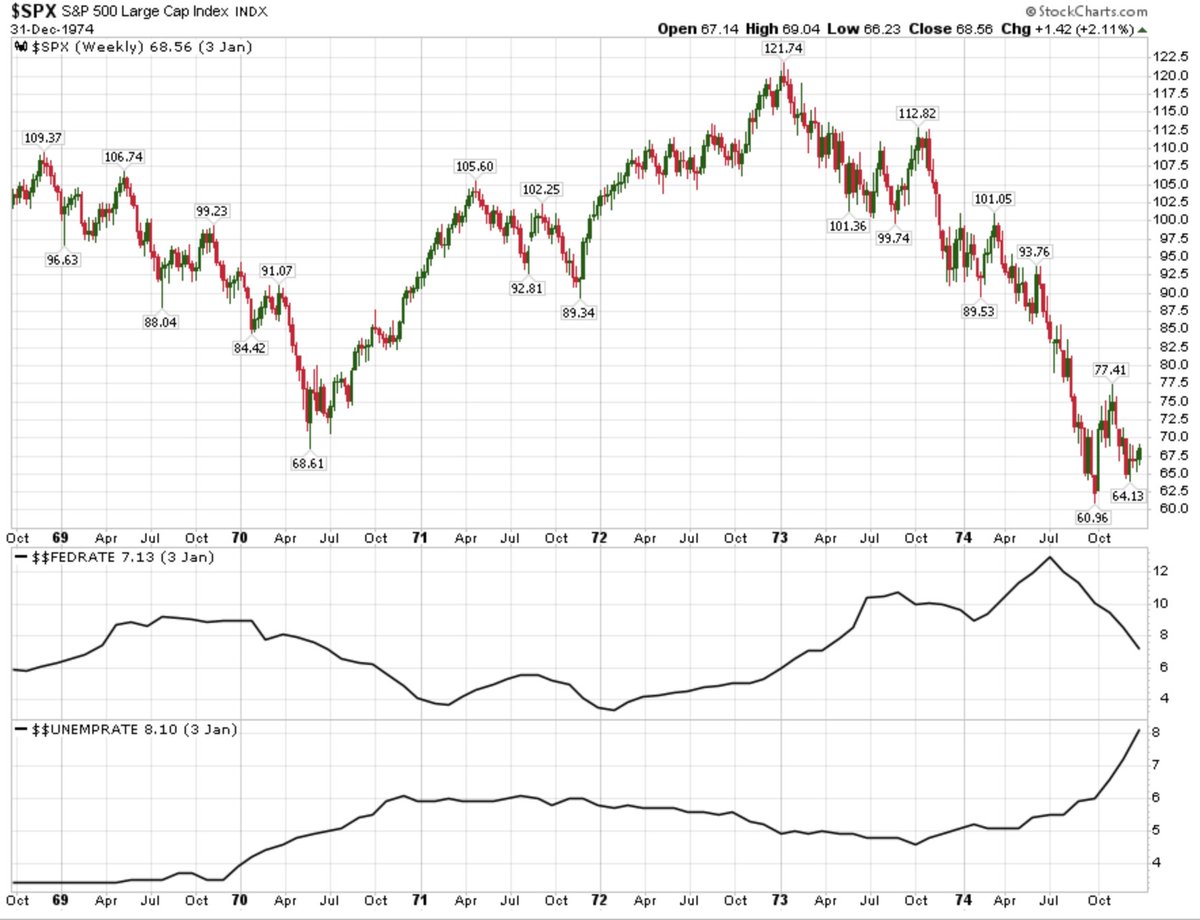The naysayers now saying that "I got lucky this year"!
If 22 years of investing/living through prior cycles, learning from past mistakes, continuous learning and months of backtesting to fine-tune my hedging strategy can be described as 'luck' - then yes guilty as charged.
If 22 years of investing/living through prior cycles, learning from past mistakes, continuous learning and months of backtesting to fine-tune my hedging strategy can be described as 'luck' - then yes guilty as charged.
Haters before the crash -
"He is crazy for owning these bubble stocks which will crash hard during the next bear-market."
Haters after the crash -
"He just got lucky, just happened to hedge in time and somehow owned those stocks which benefited from COVID. He is clueless."
"He is crazy for owning these bubble stocks which will crash hard during the next bear-market."
Haters after the crash -
"He just got lucky, just happened to hedge in time and somehow owned those stocks which benefited from COVID. He is clueless."
A no. of people have asked me why my portfolio didn't fare better between early '18 and early '20?
Short answer - my 45% allocation to China
Due to the 'Trade War', my China ADRs declined by ~50% in '18 and treaded water in '19. For 2 years, half my portfolio was dead money.
Short answer - my 45% allocation to China
Due to the 'Trade War', my China ADRs declined by ~50% in '18 and treaded water in '19. For 2 years, half my portfolio was dead money.
In early '20, I realised that the 'Trade War' was likely to persist, which is why I drastically cut my China exposure and invested in US businesses.
In hindsight, I should've cut my Chinese ADR exposure much sooner, but hindsight is always 20/20.
Lesson learnt.
In hindsight, I should've cut my Chinese ADR exposure much sooner, but hindsight is always 20/20.
Lesson learnt.
• • •
Missing some Tweet in this thread? You can try to
force a refresh









